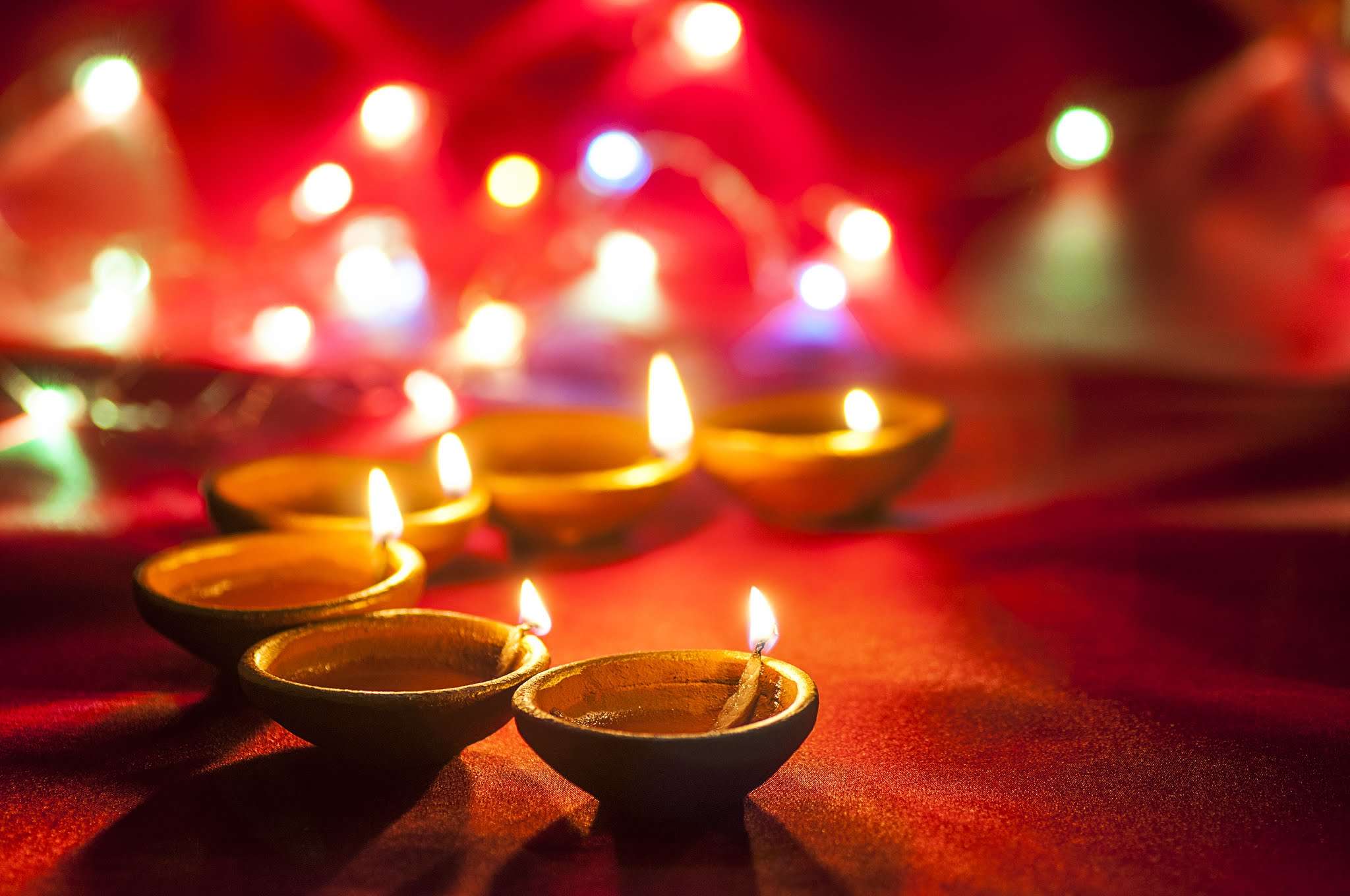Diwali is one of the most important and popular festivals in Hinduism, Jainism, Sikhism, and some Buddhist traditions. It is celebrated for five days in the months of October or November, according to the lunar calendar. The name Diwali means "row of lights" in Sanskrit, and it refers to the practice of lighting diyas (clay lamps) and candles to symbolize the triumph of light over darkness, good over evil, and knowledge over ignorance.
Diwali has different meanings and legends for different communities and regions. For many Hindus, Diwali commemorates the return of Lord Rama, his wife Sita, and his brother Lakshmana to their kingdom of Ayodhya after 14 years of exile and defeating the demon king Ravana. For others, Diwali marks the day when Lord Krishna killed the tyrant Narakasura and freed 16,000 captive princesses. Some also celebrate Diwali as the birthday or the wedding anniversary of Goddess Lakshmi, the deity of wealth and prosperity, and her consort Lord Vishnu, the preserver of the universe. For Jains, Diwali is the day when Mahavira, the 24th and last Tirthankara (spiritual teacher), attained nirvana (liberation) after his death. For Sikhs, Diwali coincides with the day when Guru Hargobind, the sixth Guru, was released from prison by the Mughal emperor Jahangir, along with 52 other Hindu kings. For some Buddhists, especially the Newar Buddhists of Nepal, Diwali is the day when Emperor Ashoka converted to Buddhism after witnessing the horrors of war.
Diwali is celebrated with great joy and enthusiasm across India and around the world. People clean and decorate their homes and workplaces with rangoli (colorful patterns made of rice, sand, or flowers), torans (door hangings), and other ornaments. They wear new clothes and exchange gifts and sweets with their family and friends. They perform puja (worship) to various gods and goddesses, especially Lakshmi and Ganesha, and offer them flowers, fruits, incense, and prasad (sacred food). They also light fireworks and crackers to express their happiness and ward off evil spirits. They enjoy delicious feasts and participate in cultural programs, fairs, and shows. Diwali is a time of gratitude, generosity, forgiveness, and renewal. It is a time to celebrate life, love, and hope..
Tags:
Encyclopedia

